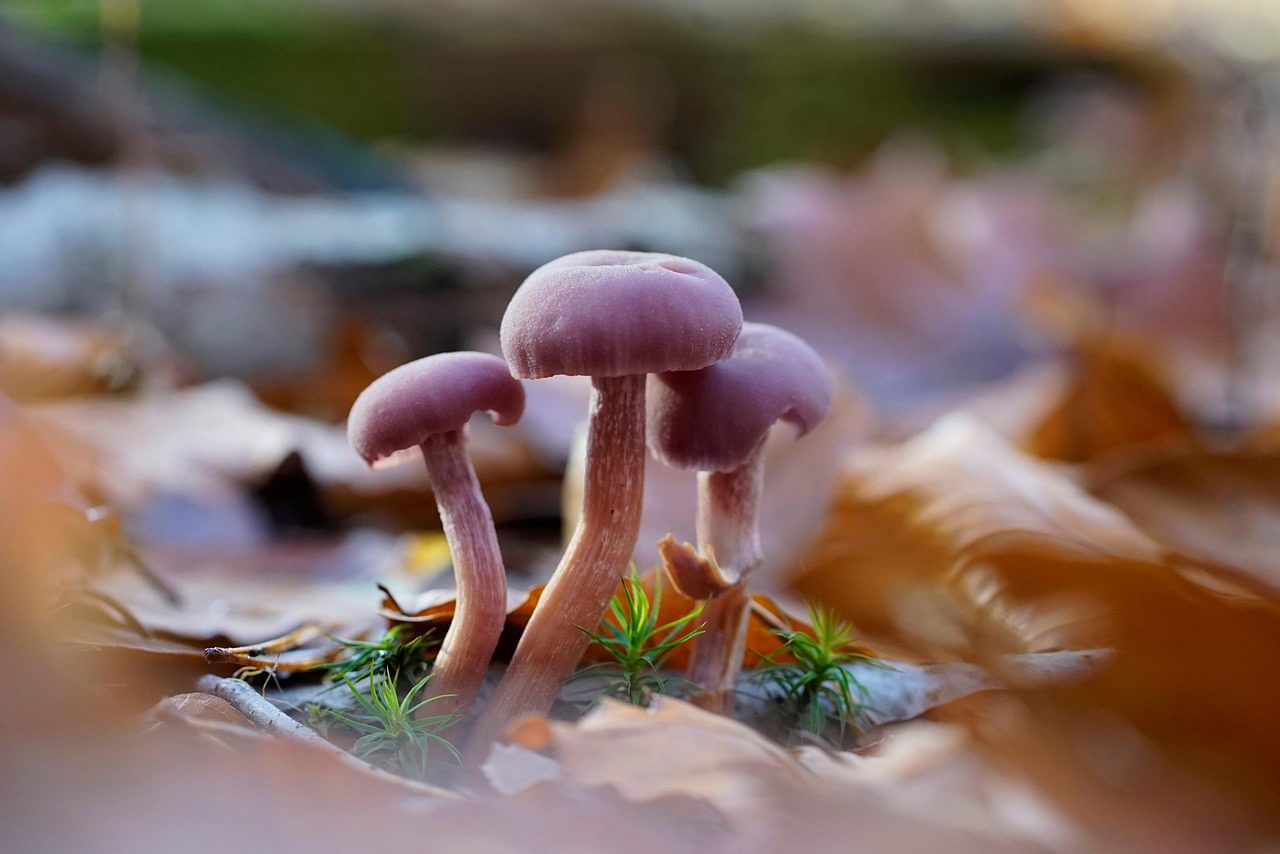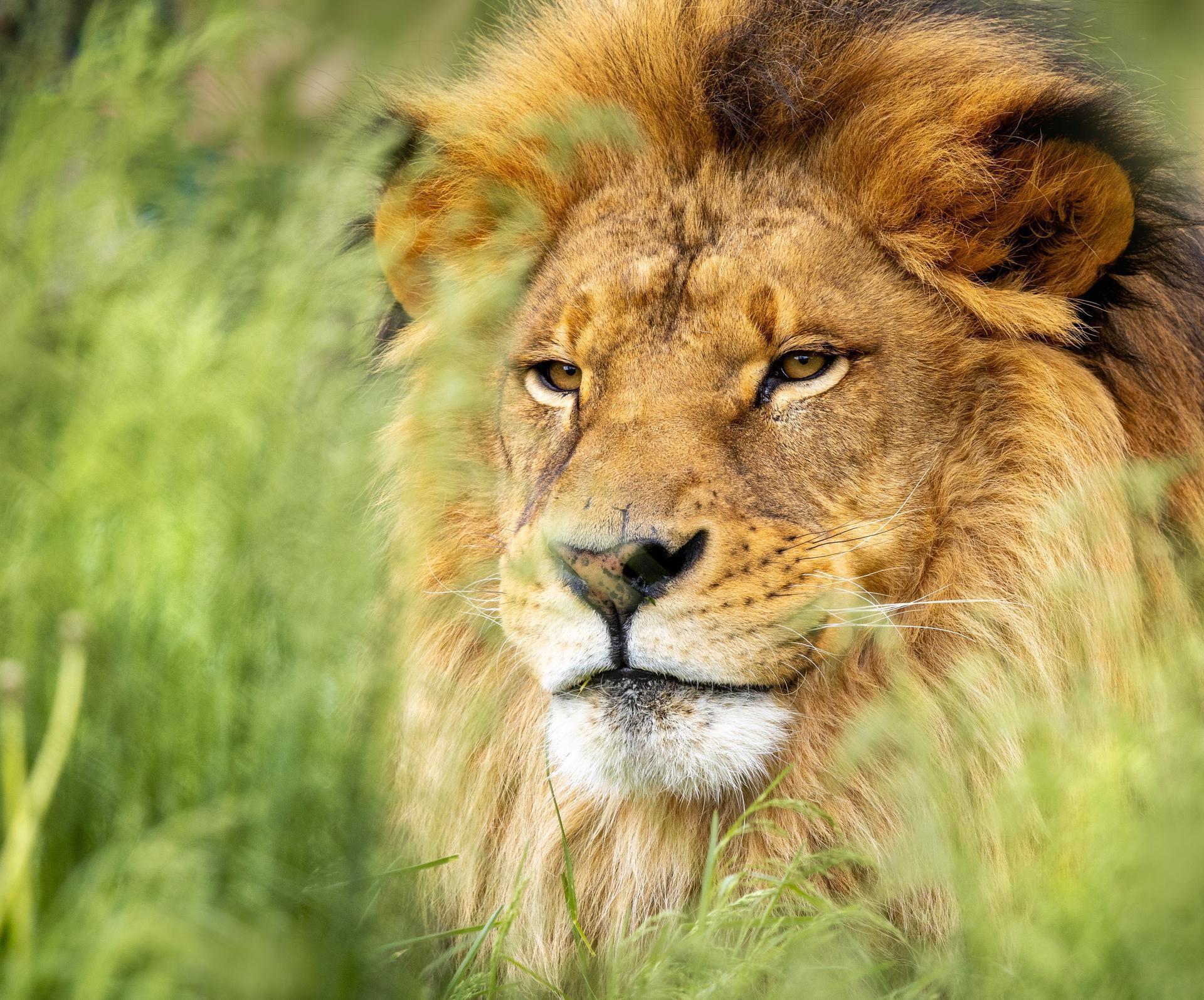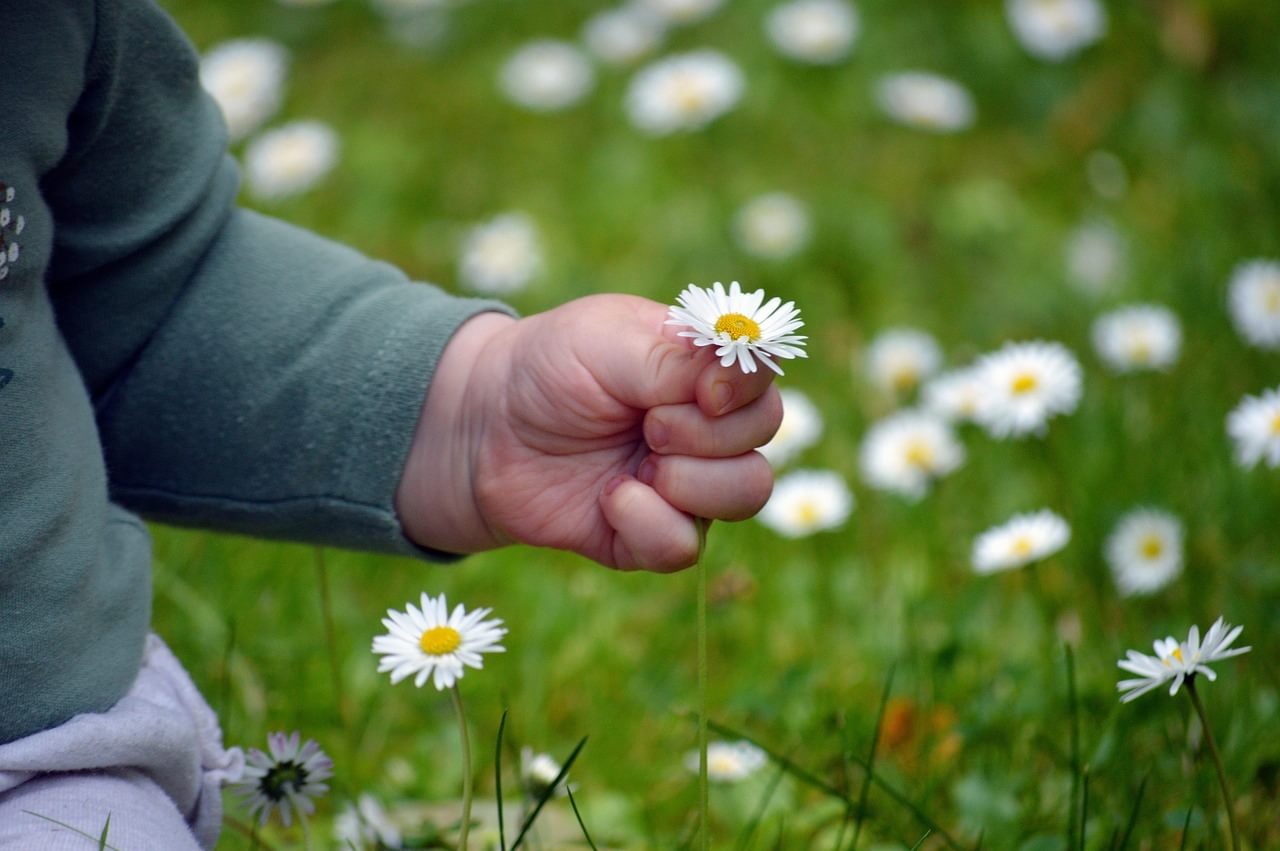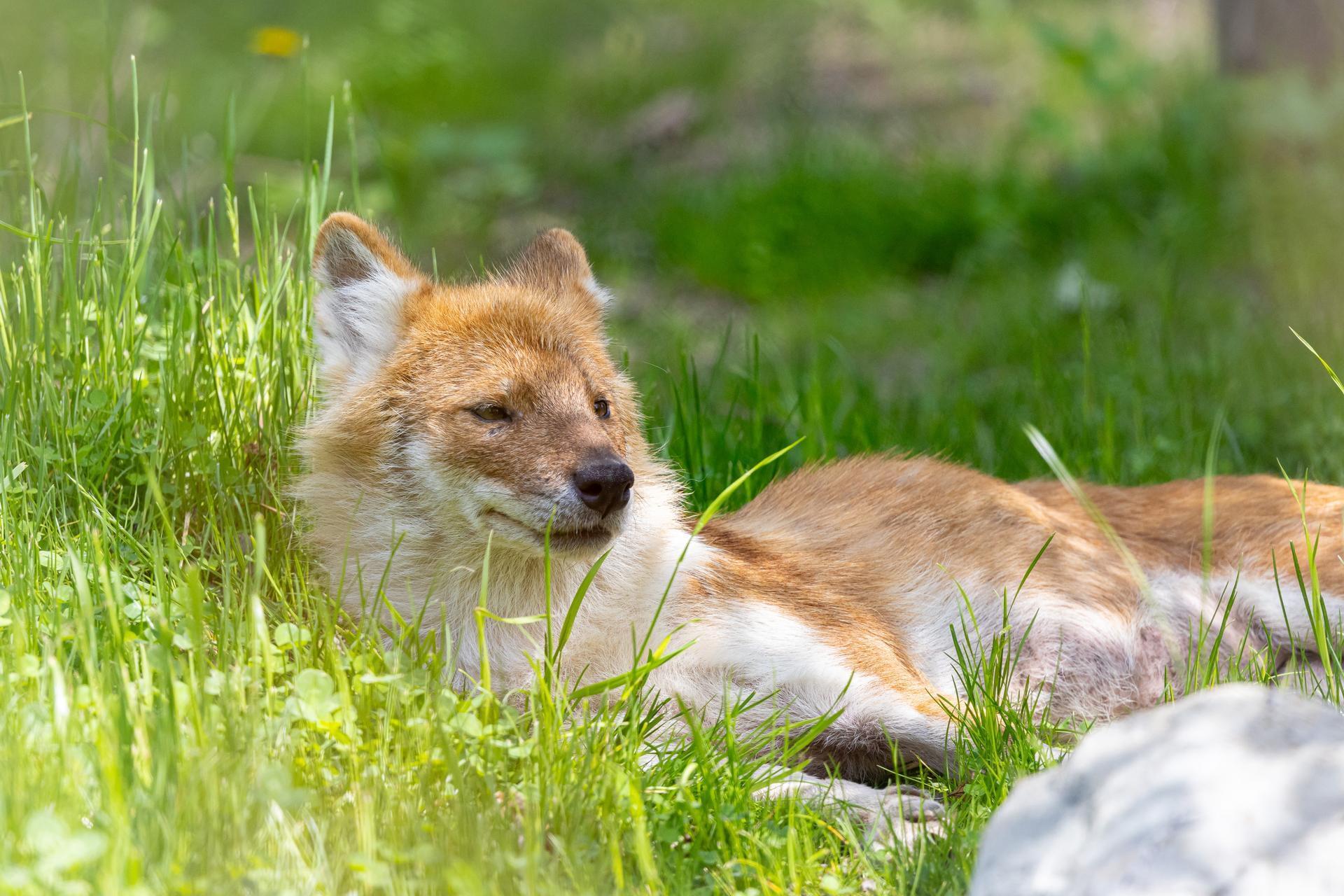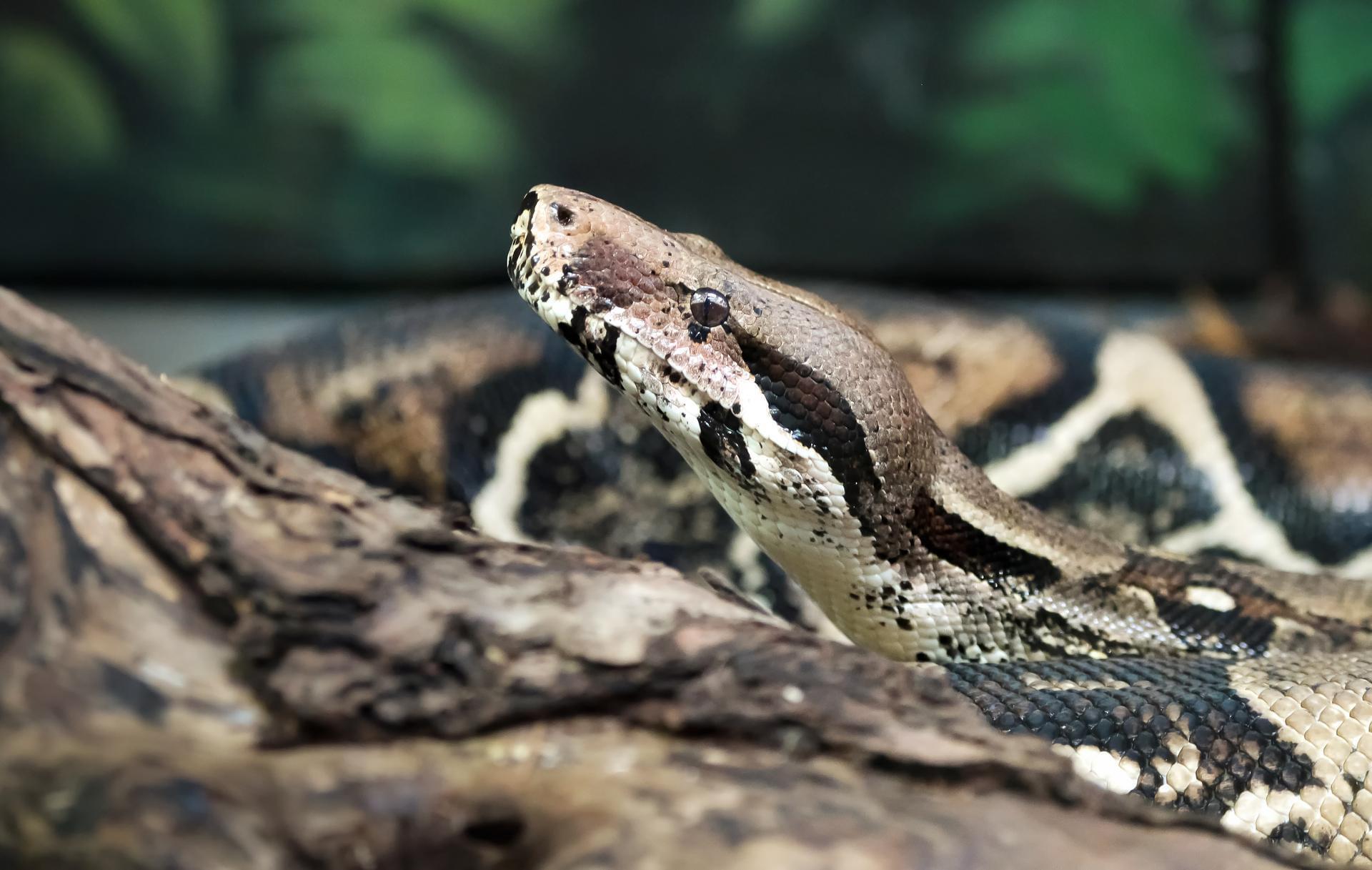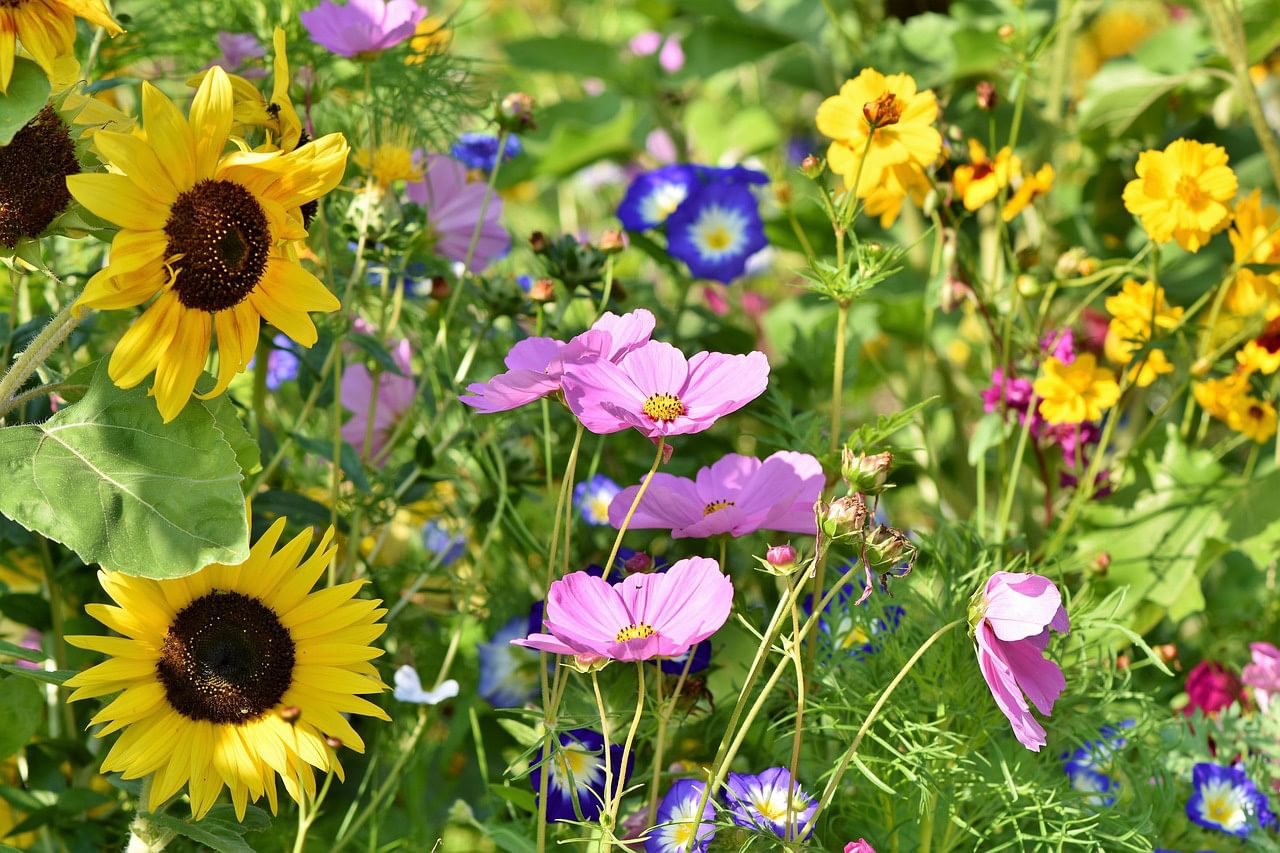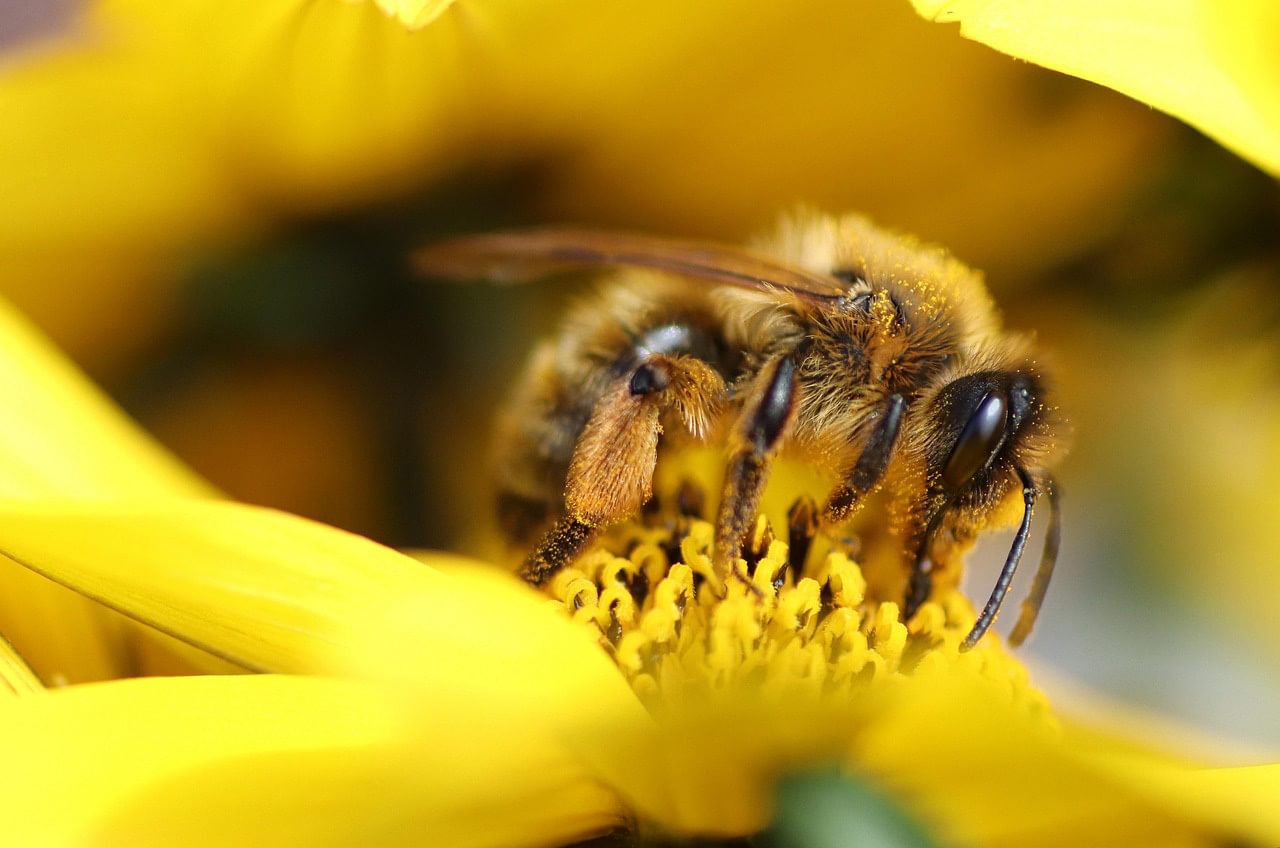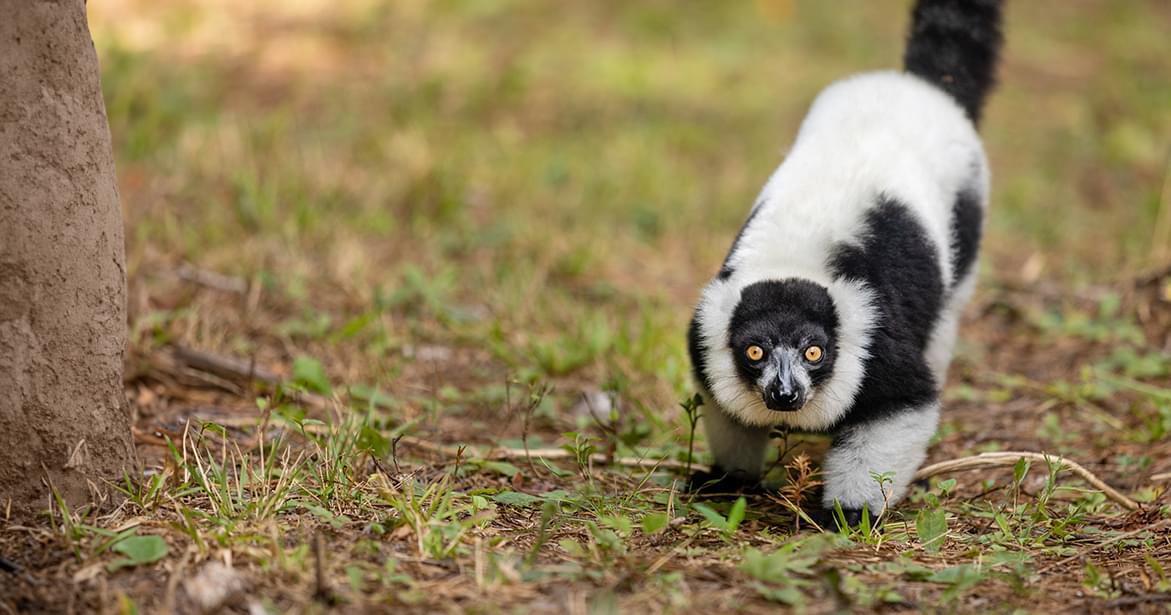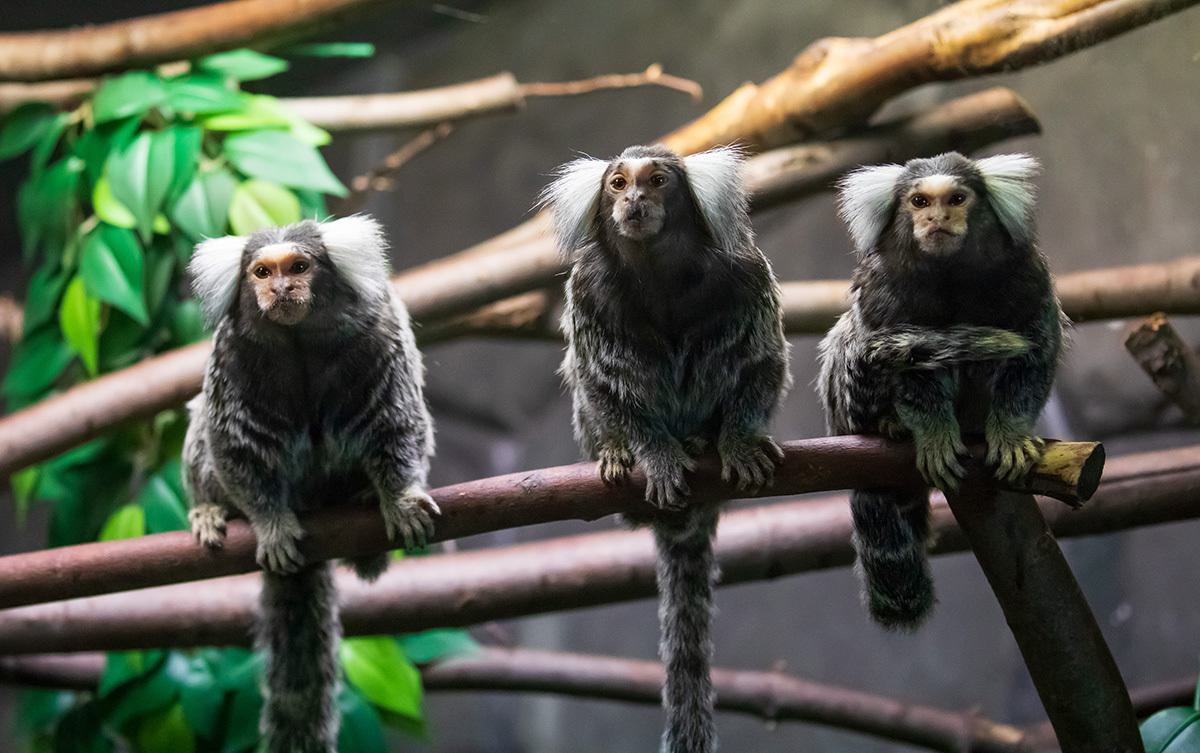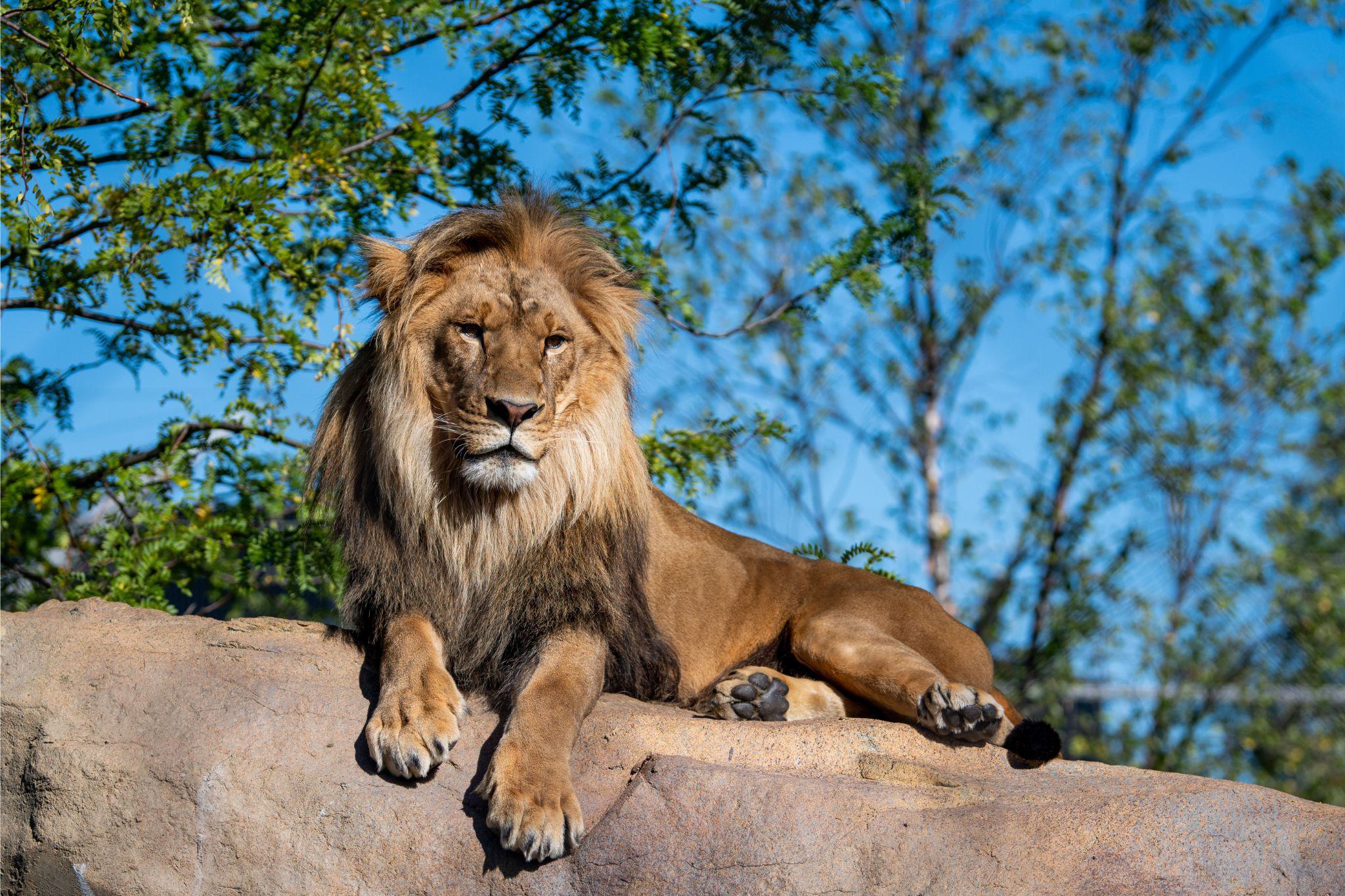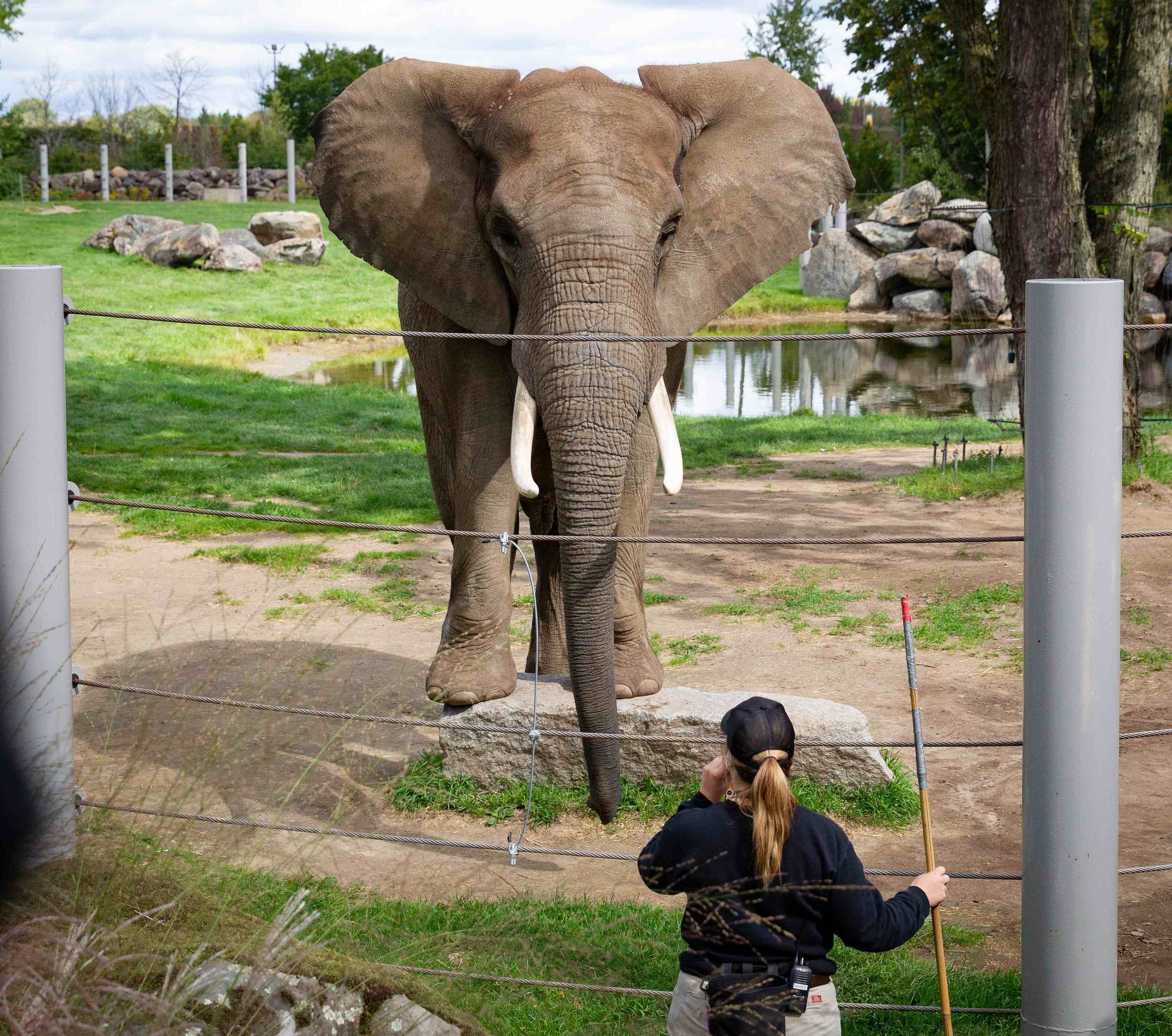International Day for Biodiversity: One Million Species at Risk… and So Are We!
The United Nations has designated May 22 as the International Day for Biodiversity to promote understanding of biodiversity-related issues and raise awareness on the subject. But what exactly is “biodiversity”?
And more importantly, is it really as crucial as people say?
The answer is yes: not only is it important, but it’s also essential—vital, even! Biodiversity is the wealth of life on Earth. It’s not just the number of living species; it’s also the relationships that connect them and the exchanges they have with their environment. In this vast symphony playing out on a planetary scale, humans are just one species among many, and our fate is deeply intertwined with the drama unfolding across ecosystems. The good news? If we’re part of the problem, we’re also part of the solution!
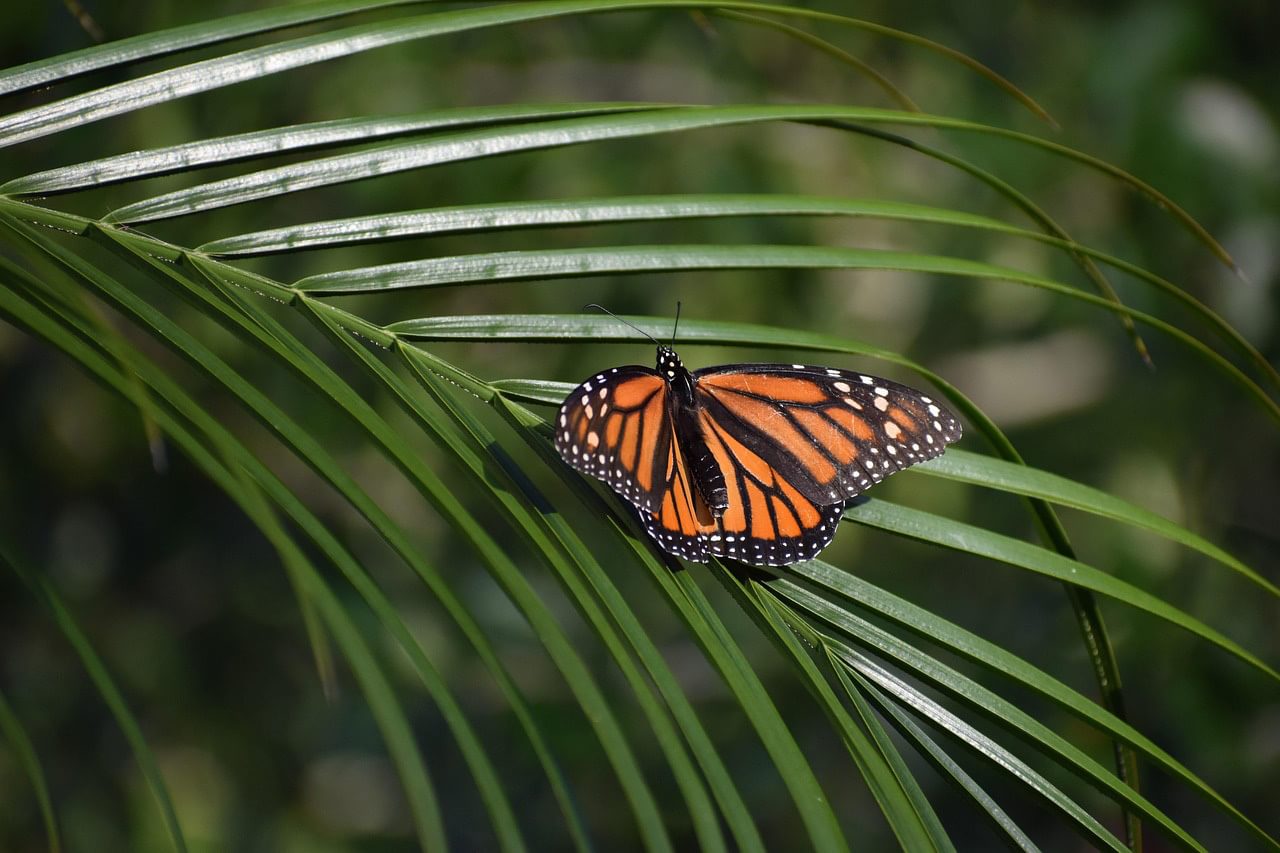
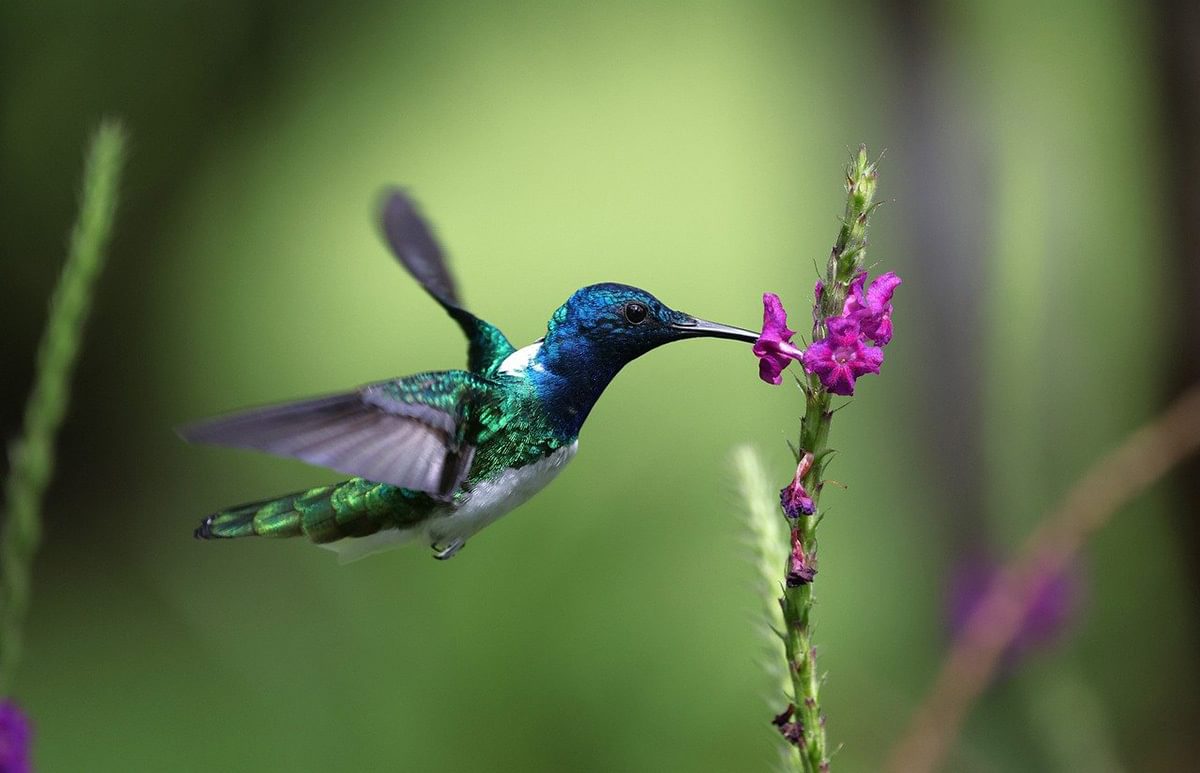
Against All Odds, Species Are Interconnected
Every spoonful of honey, every breath we take, every sip of clean water is a small miracle made possible by biodiversity. Yet it’s often seen as something abstract—"a nature thing" for lovers of wild spaces and rare birds. In reality, it underpins our very survival: 70% of cancer-fighting drugs are derived directly from nature, and over 75% of global food crops depend in part on pollination by insects, birds, or bats.
But biodiversity is in decline.
Over one million plant and animal species are currently at risk of extinction. All species are linked to one another, and the fate of one inevitably affects the fate of others.
Picture an orchestra where instruments fall silent one by one: at first, the change is subtle, but soon the melody falters… and an unsettling silence settles in. That silence echoes the breakdown of our ecosystems: degraded soils, weakened crops, and endangered species.
A Sobering Reality, but Also a Spark of Hope

The fact that everything is connected is also a source of hope: small actions can lead to big impacts.
Restoring a wetland protects not only birds and amphibians, but entire cities from flooding. Planting a hedge of native flowers helps pollinators—and, in turn, strawberries, tomatoes, and squash that feed entire communities. This isn’t altruism—it’s smart coexistence! Nature doesn’t need us, but we desperately need it.
Driven by the urgency to act now in order to preserve tomorrow’s natural heritage, our conservation experts work daily to implement concrete actions that protect species and their habitats. Turtles, grassland birds, bats, insects, and amphibians all benefit from habitat restoration and enhancement—and become indicators of ecosystem health. And it's collectively that we reap the rewards of these efforts, one project at a time.
Motivated by this encouraging reality, Zoo de Granby is more committed than ever to its mission.
______
So this International Day for Biological Diversity, let’s ask ourselves a simple question: what if protecting biodiversity really meant protecting ourselves? Not in some distant future, but right now—in every meal, every breath of air, every walk among the trees. Because safeguarding life on Earth in all its diversity is safeguarding our future, our survival.
